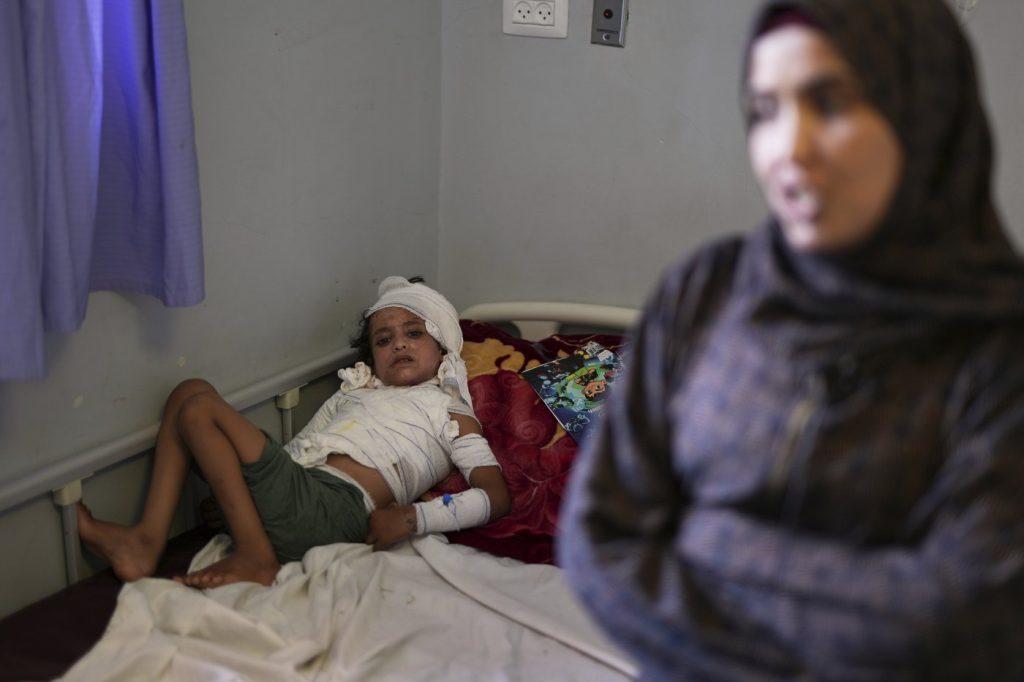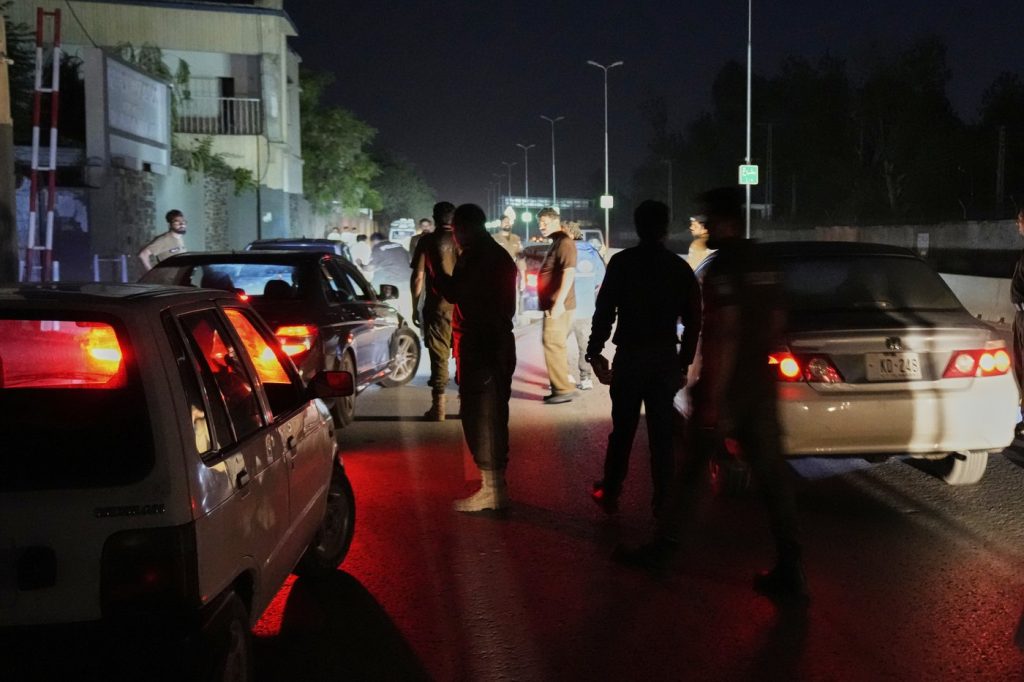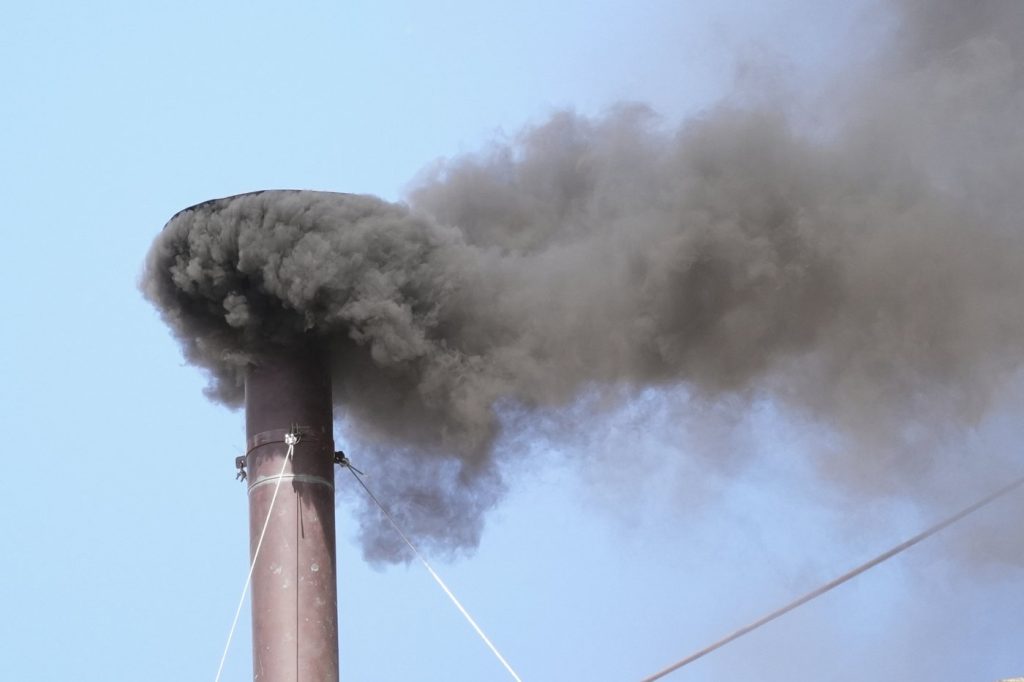Hamza Abu Shabab, a 7-year-old boy, is enduring immense pain as his mother tends to his injuries in a hospital in Khan Younis, Gaza. Hamza suffered third-degree burns across his head, neck, and shoulders after spilling a hot plate of rice and lentils during an Israeli airstrike last month. The traumatic incident has left him with severe wounds that have become infected due to a lack of proper medical care, exacerbated by Israel’s blockade, which has now lasted for over three months. His mother, Iman Abu Shabab, expressed her frustration, stating that under normal circumstances, her son would have received the necessary treatment to heal his injuries.
The blockade, imposed on March 2, restricts the movement of essential supplies, including medicine, food, and fuel, further crippling Gaza's already strained healthcare system. As hospitals like Nasser Hospital struggle to support a rising number of burn patients, the situation has become increasingly dire. Julie Faucon, the medical coordinator for Gaza and the occupied West Bank with Doctors Without Borders, reported a staggering fivefold increase in burn cases, with the number of patients entering Nasser Hospital rising from five to twenty daily. Many of these patients suffer severe burns covering up to 40% of their bodies.
While airstrikes are a leading cause of burn injuries, many patients also come in requiring treatment for accidents resulting from their living conditions, such as spilling hot liquids. This is particularly common among the hundreds of thousands of displaced individuals residing in tents and cramped shelters, where cooking is often done over wood fires. Hamza is among more than 70 patients hospitalized for burn and orthopedic treatment, nearly at full capacity.
In addition to the pain from his wounds, Hamza faces challenges related to medication availability. His mother revealed that he has undergone nine surgeries, including four on his face, and is struggling to manage his pain as the hospital has run out of liquid painkillers typically used for children.
Another patient, 4-year-old Layan Ibrahim Sahloul, has second-degree burns across her face, foot, and stomach, a result of an airstrike on her house that killed her pregnant mother and two siblings. Layan is withdrawn and fearful, and her condition is compounded by malnutrition due to the blockade. Her aunt, Raga Sahloul, fears that Layan's healing process might take months instead of weeks due to insufficient food and nutrients, which slows recovery and weakens the immune system.
Health professionals warn that the number of malnourished children has dramatically increased, and without adequate nutrition, patients’ bodies struggle to fend off infections. An Israeli security Cabinet meeting recently suggested that, according to unnamed officials, there is sufficient food in Gaza without providing clarity or evidence for this claim. Rights groups have labeled the blockade as a "starvation policy" and a potential war crime.
Medical professionals are expressing concerns about the long-term care needs of burn victims. Many require reconstructive surgeries, but the availability of plastic surgeons in Gaza is dwindling. Despite some international medical staff having limited access, many requests to enter Gaza have been rejected by Israel. The situation remains incredibly challenging for families like that of 10-year-old Mira al-Khazandar, who was severely burned and now struggles to find ointments and proper treatment while living in a tent, facing the threats of infection from the harsh outdoor conditions.
The overarching consequence of the blockade is a failing healthcare system grappling with an overwhelming number of casualties and diminished supplies, painting a bleak picture of recovery and care for the children and families affected by the ongoing conflict.












